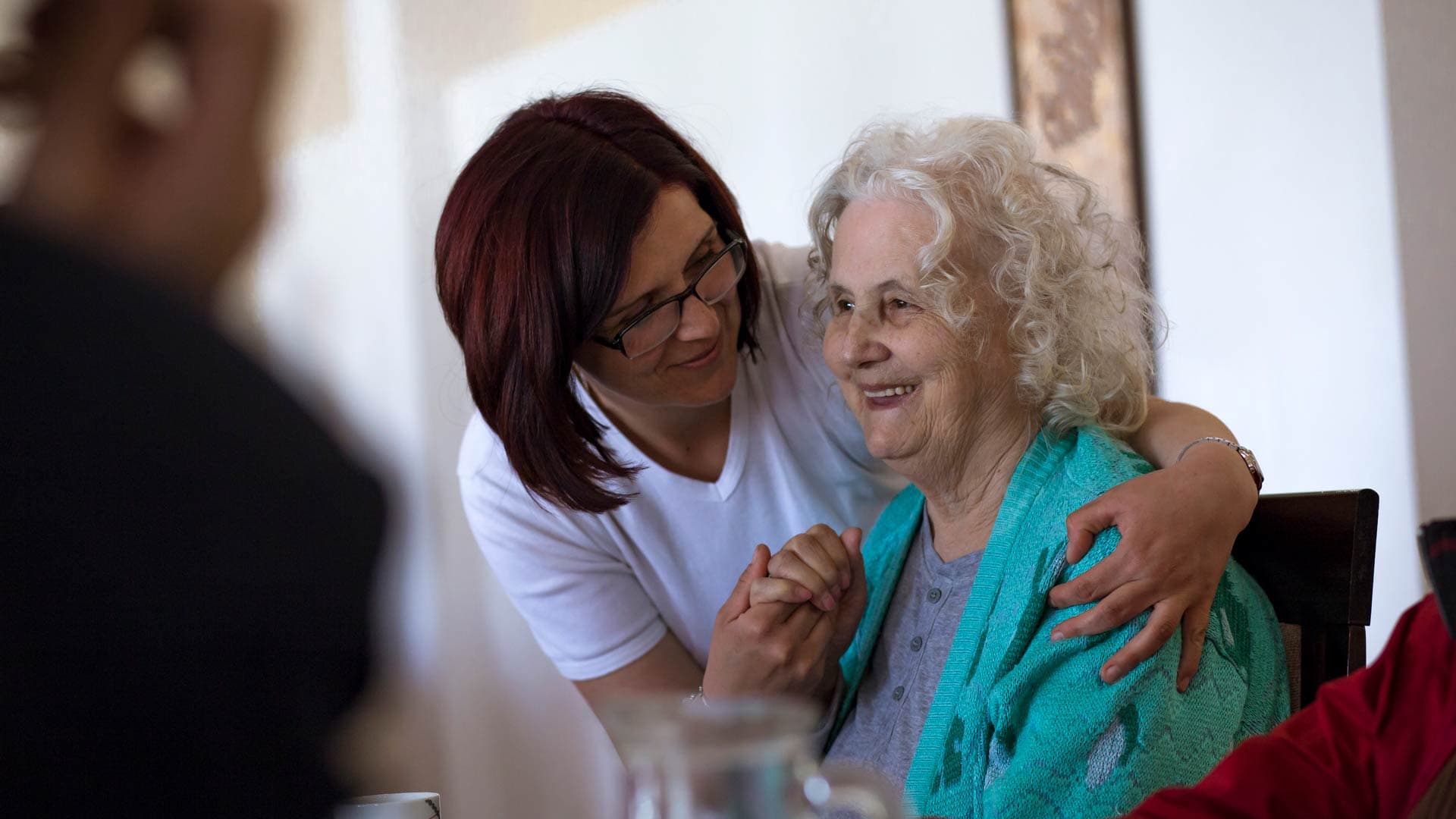
Caring for a sick or elderly loved one can be both rewarding and challenging. It’s a role that requires compassion, patience, and resilience.
If you find yourself in the position of a caregiver, it’s important to remember that you’re not alone.
In this article, we’ll share seven essential tips to help you navigate the caregiving journey with confidence and compassion.
Prioritise self-care
One of the most important things you can do as a caregiver is to prioritise your own well-being. Remember that you can’t pour from an empty cup, so make sure to carve out time for self-care activities that recharge your batteries. Whether it’s going for a walk, practising mindfulness, or simply taking a few moments to yourself each day, self-care is essential for maintaining your physical and emotional health.
Seek support

Don’t hesitate to reach out for support when you need it. Whether it’s from friends, family members, or support groups, having a strong support network can make a world of difference. Consider joining a caregiver support group where you can connect with others who are going through similar experiences and share tips, advice, and encouragement.
Educate yourself
Take the time to educate yourself about your loved one’s condition or illness. Understanding their needs, symptoms, and treatment options will help you provide better care and advocate for their well-being. Don’t hesitate to ask questions and seek guidance from healthcare professionals to ensure you have the information and resources you need.
Communicate openly
Effective communication is key to building trust and understanding between you and your loved one. Be open and honest in your conversations, and encourage them to express their thoughts, feelings, and concerns. Listen actively and validate their emotions, and work together to find solutions to any challenges that arise.
Establish routines

Establishing routines can provide structure and stability for both you and your loved one. Create a daily schedule that includes regular mealtimes, medication reminders, and activities that promote physical and mental well-being. Consistency can help reduce stress and anxiety and improve overall quality of life.
Take breaks
It’s important to take regular breaks from caregiving to rest and recharge. Whether it’s arranging for respite care, enlisting the help of other family members, or hiring a professional caregiver, don’t hesitate to take time for yourself. Remember that you’re not being selfish – taking care of yourself is essential for being able to care for others effectively.
Practice gratitude
Finally, practice gratitude for the opportunity to care for your loved one. While caregiving can be challenging, it’s also a deeply meaningful and rewarding experience. Take time each day to reflect on the positive moments and the blessings in your life, and find joy in the small victories along the way.
How Mercy Community can help
Caring for a sick or elderly loved one is a noble and compassionate act, but it’s also a demanding and sometimes overwhelming responsibility.
By prioritising self-care, seeking support, educating yourself, communicating openly, establishing routines, taking breaks, and practising gratitude, you can navigate the caregiving journey with grace and compassion.
Remember that you’re making a difference in the life of your loved one, and that your efforts are truly appreciated.
At Mercy Community, we understand that caring for your family and friends is your number one priority, and that sometimes you need a break from caregiving to feel refreshed.
Respite care offers you that temporary break, with peace of mind that those you care for are receiving quality assistance in a homely environment.
Your loved one is welcome to stay with us for as long as you need. We offer overnight, short-term and longer respite stays.
Guests are made to feel welcome, as if they were living at a home away from home.
A stay in respite care also offers the chance to experience life in an aged care residence, without a long-term commitment.
How do I access Mercy Community’s Respite Care?
There are two options:
- Government-funded care, requiring an Aged Care Assessment Team (ACAT) assessment, with no out of pocket expense.
- Privately-funded care, providing faster access, with no ACAT assessment delays.



